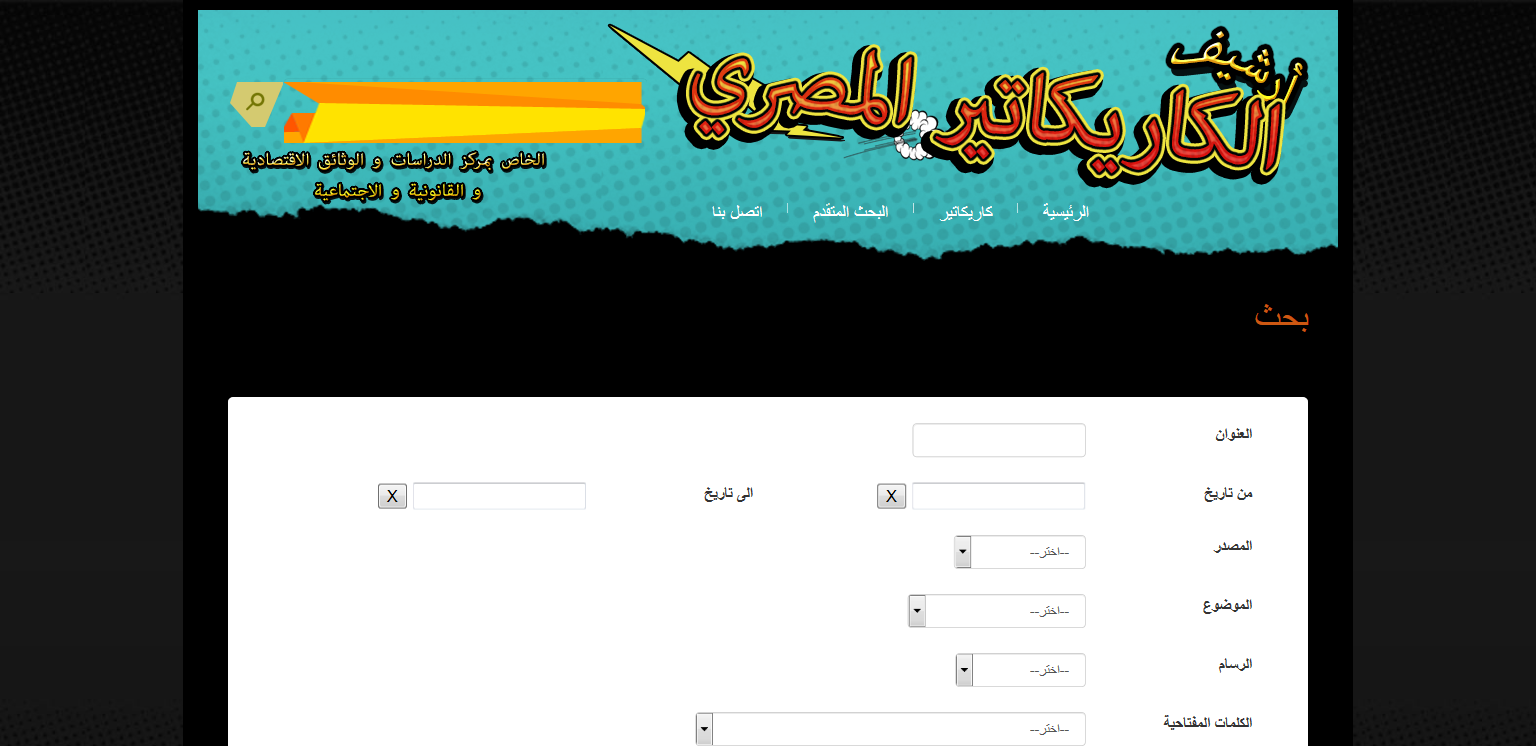Maydan is an online publication of Ali Vural Ak Center for Global Islamic Studies at George Mason University, offering expert analysis on a wide variety of issues in the field of Islamic Studies for academic and public audiences alike, and serving as a resource hub and a platform for informed conversation, featuring original articles and visual media from diverse perspectives.
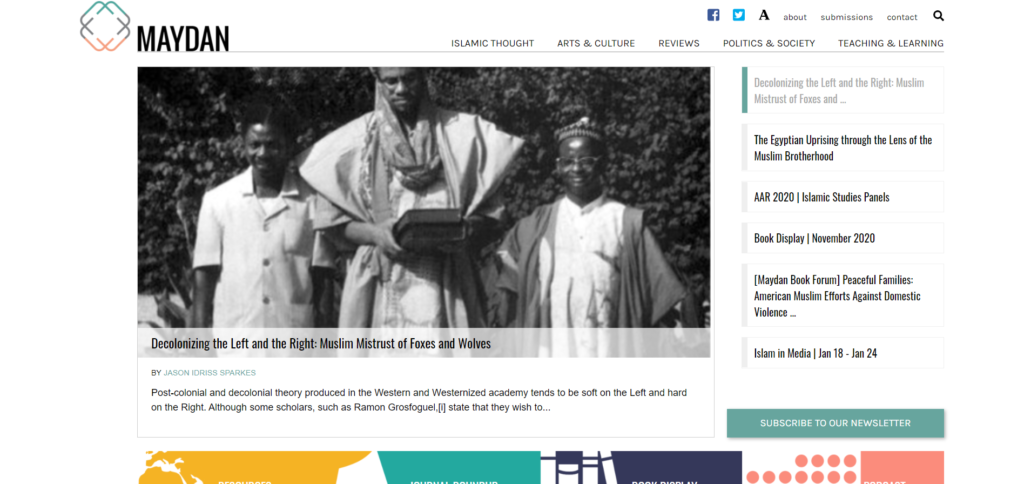
Maydan complements and benefits from the flourishing academic blogosphere and the rise in digital scholarship, amplified by social media and the diversification of academic production venues. It aims to contribute to the developments in digital scholarship by bringing peer-reviewed academic research to the attention of the broader public and providing original resources and databases for scholars, students and the public to facilitate research, discussion, and pedagogy in Islamic Studies across all disciplines. In response to a growing need for a broadly-focused online resource for academic scholarship and critique, Maydan offers its readers multidisciplinary perspectives on the historical, intellectual, and global patterns and developments influencing the Muslim world.
While drawing on the expertise of the scholars and faculty associated with the Ali Vural Ak Center for Global Islamic Studies, Maydan aims to widen academic and public discourse, stimulate intra and inter-disciplinary debate and inspire researchers from all levels to undertake new projects and engage with new issues. It features original pieces and compiles academic resources for the advancement of a sound and nuanced understanding of Muslim societies and the Islamic faith, its role in world history, and its current patterns of globalization.
Categories:

In addition, Maydan includes a Resources page centralizing news from the Islamic Studies scholarly community, a Journal Roundup page making available quarterly lists of the latest articles in Islamic Studies, a Book display page offers monthly lists of new publications in the field, and a Podcast page (Soundcloud) giving access to recorded lectures by, and interviews with, renowned Islamic Studies scholars.
Last, the weekly Media Roundups propose an overview of Islam in the media.
To receive updates, you may subscribe to the Newsletter.


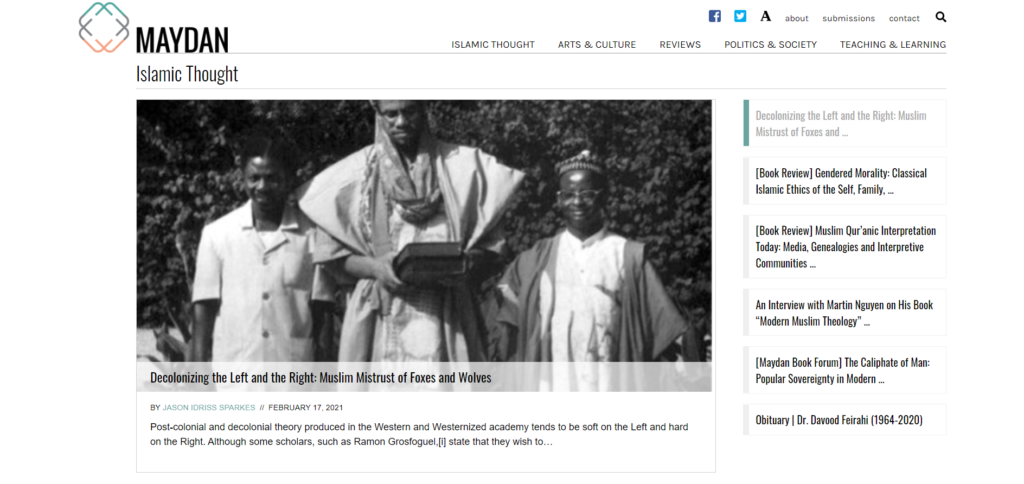
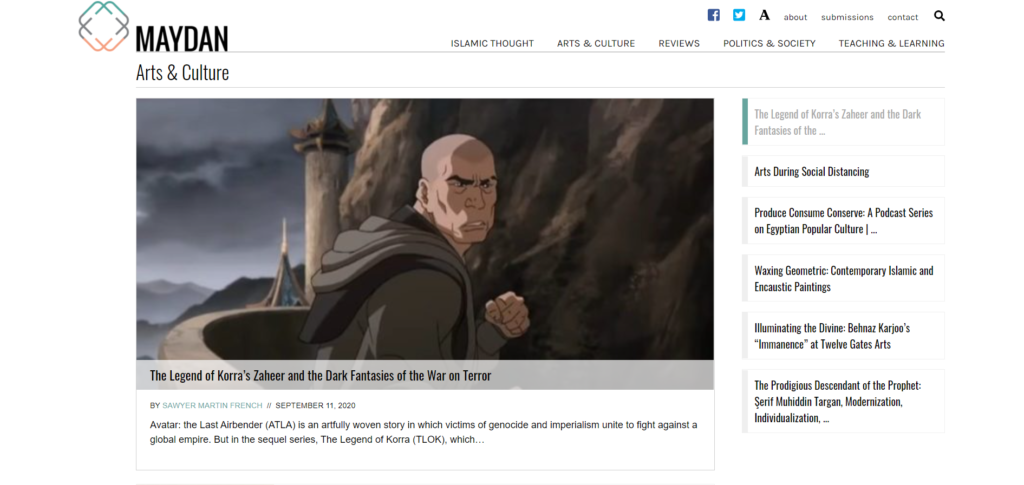
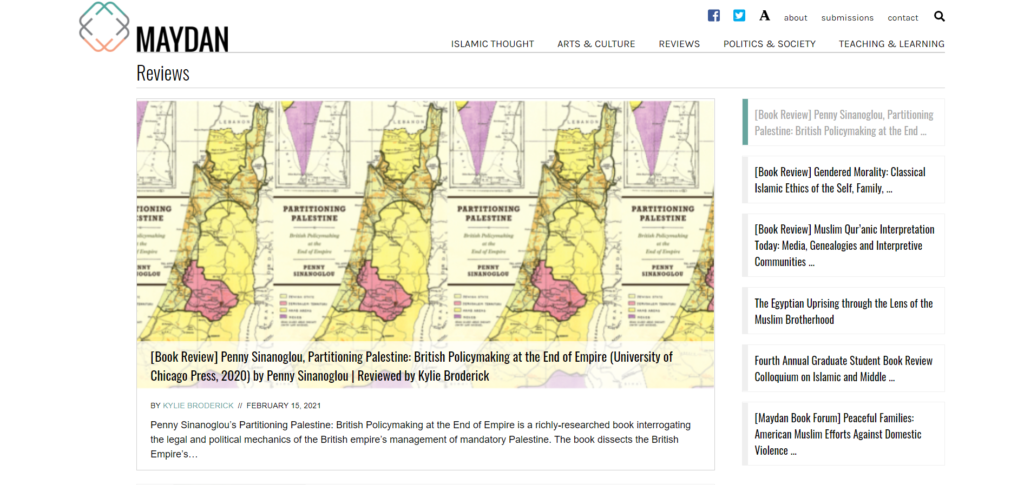
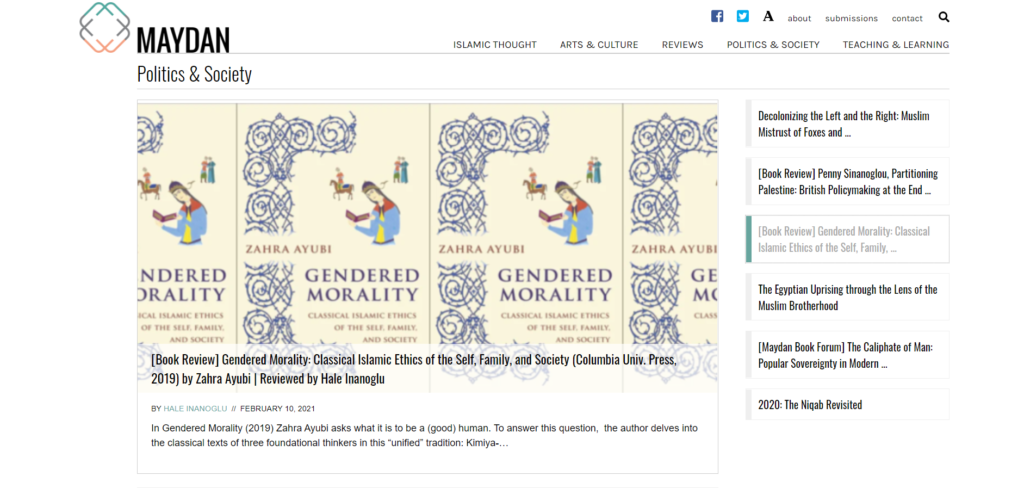
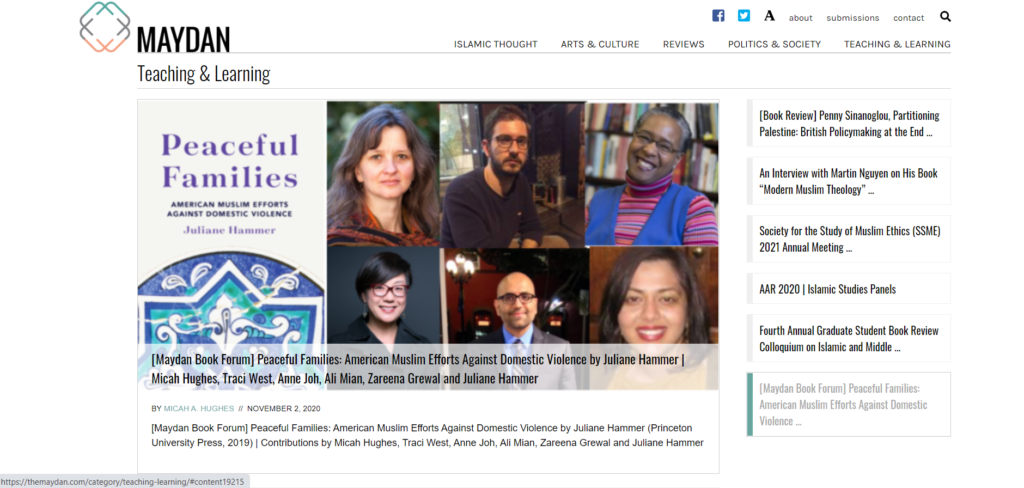
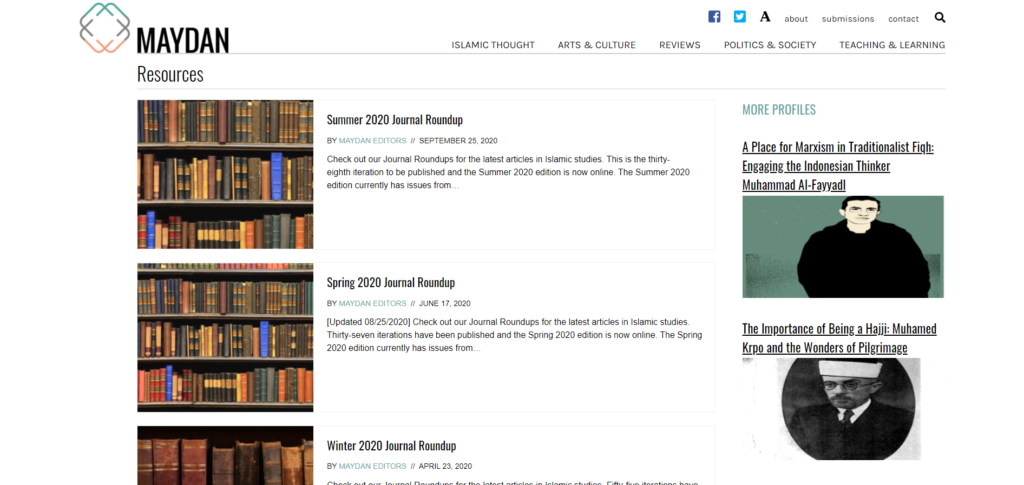
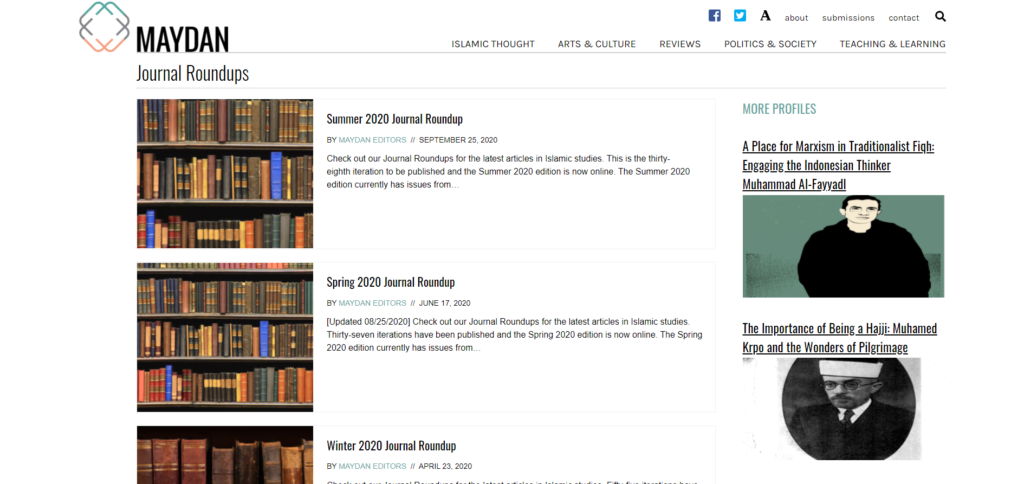
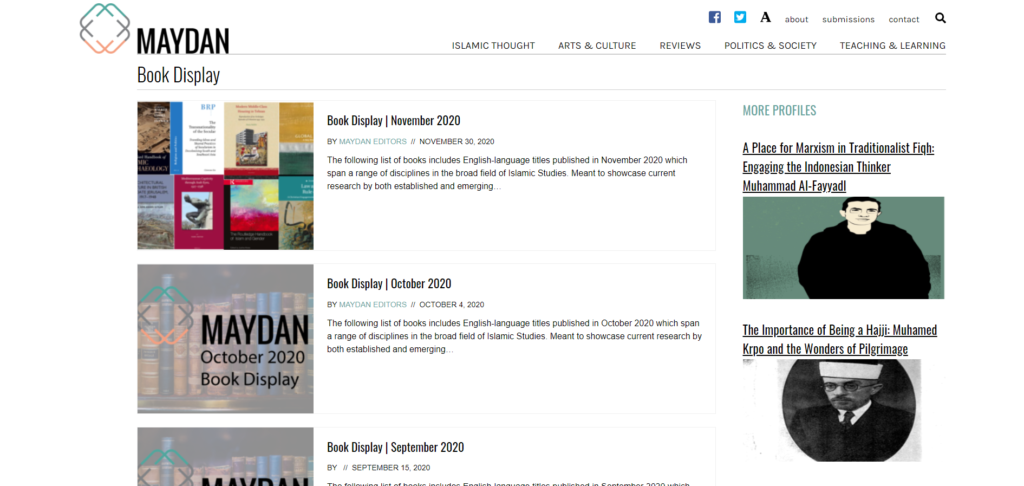
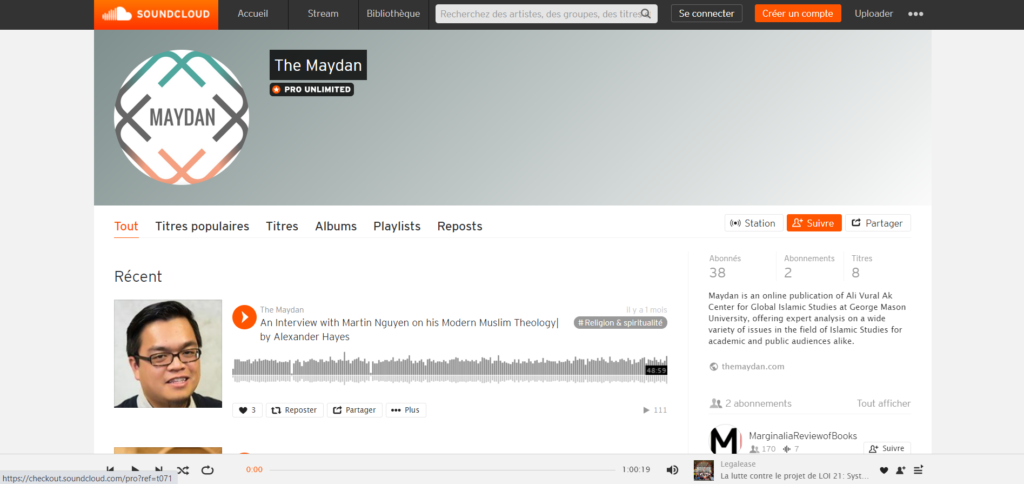
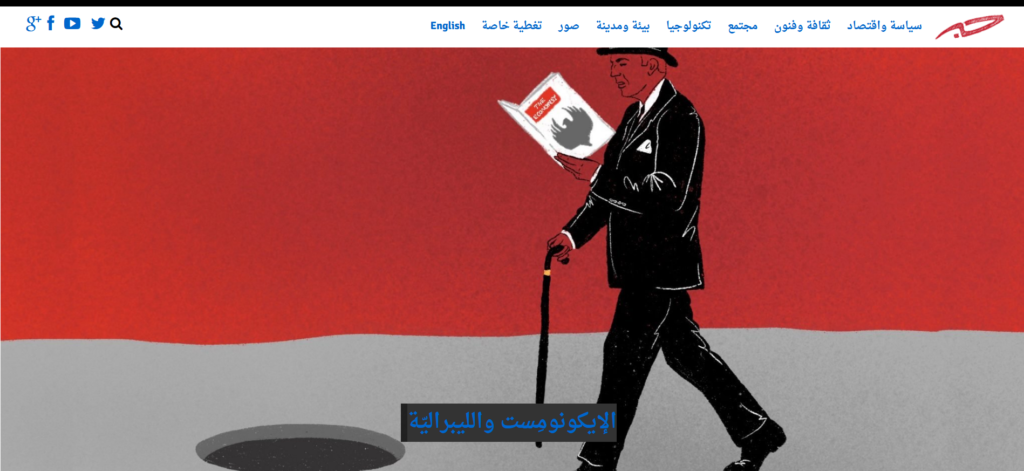
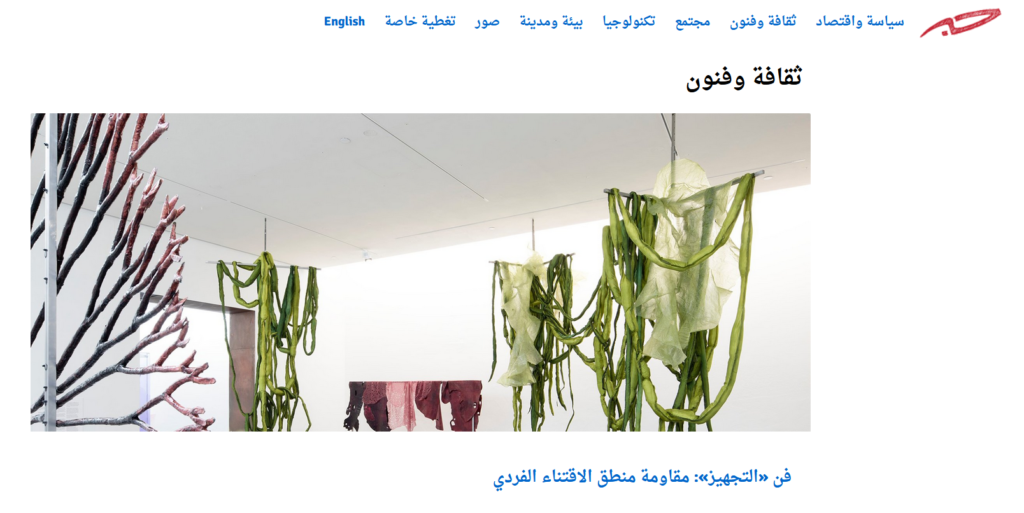
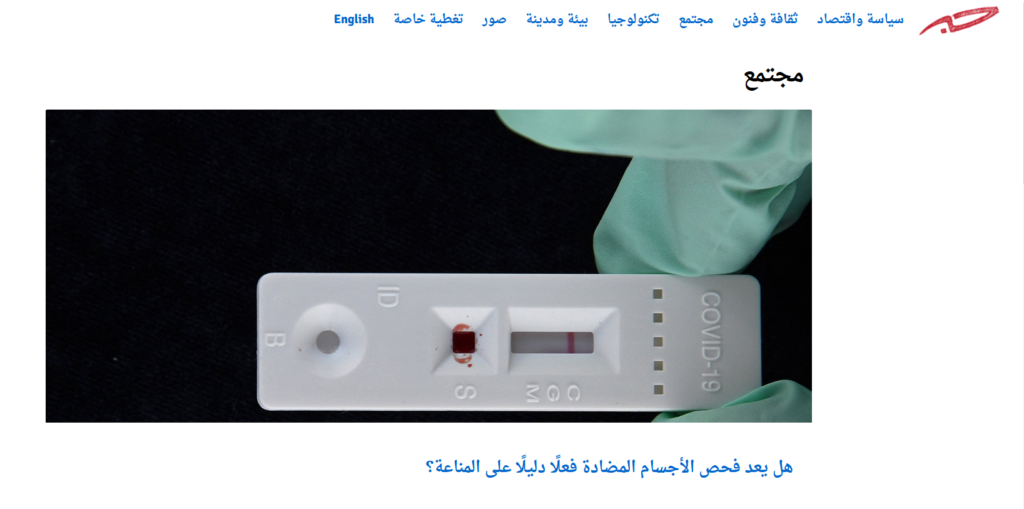
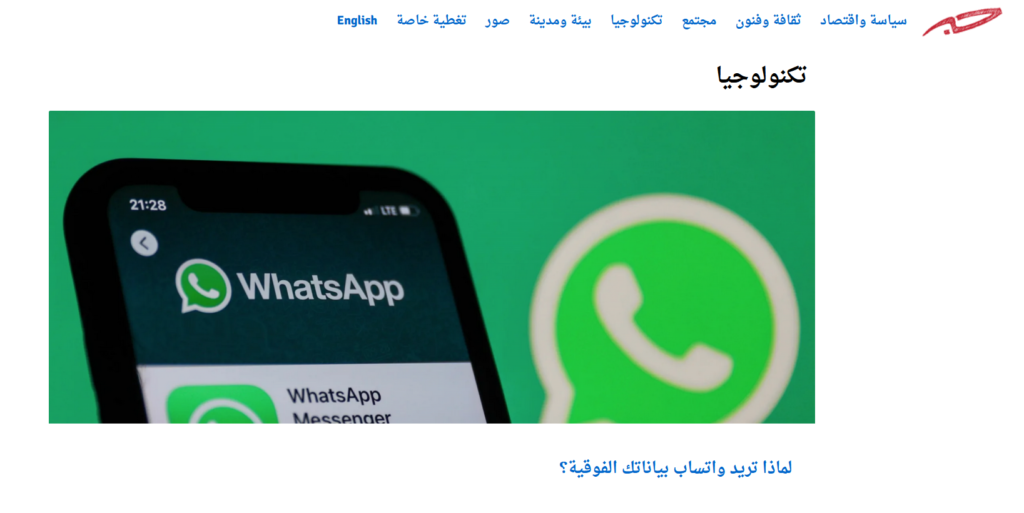
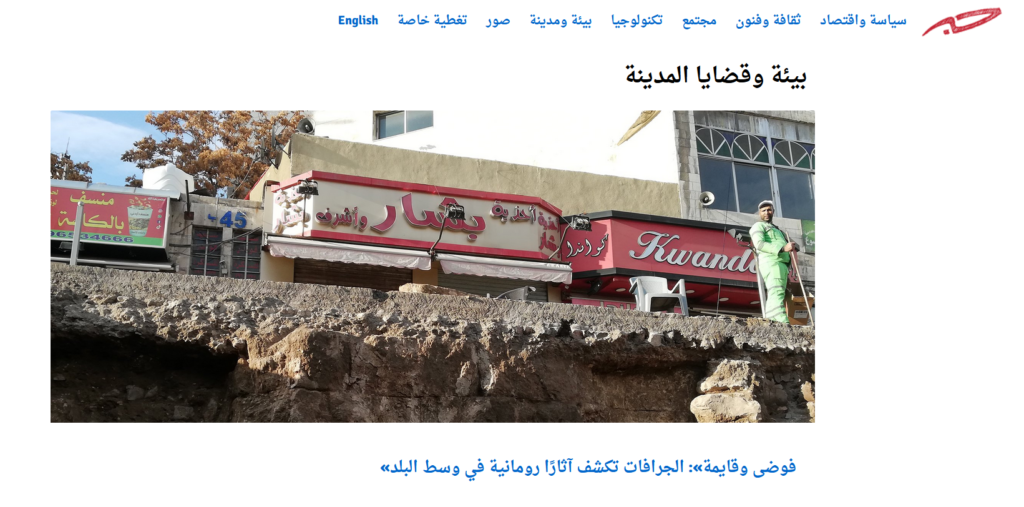
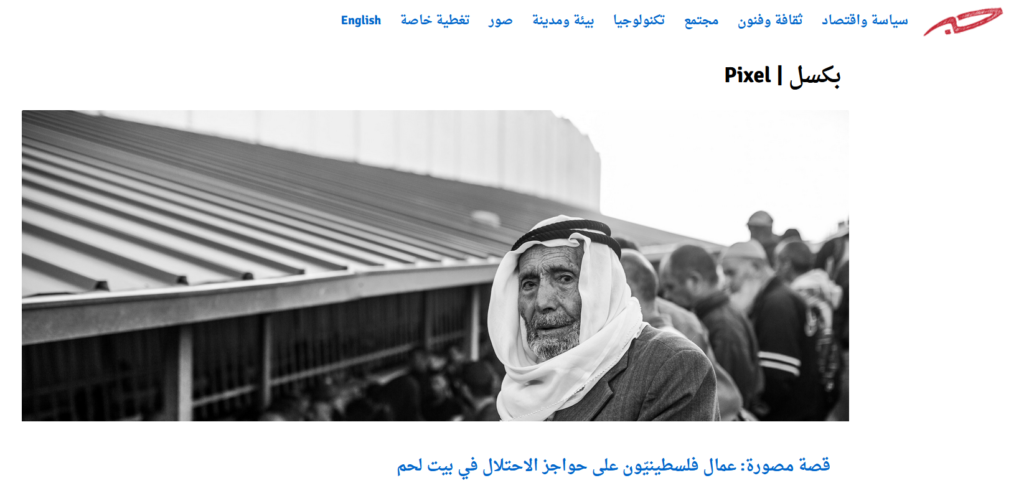
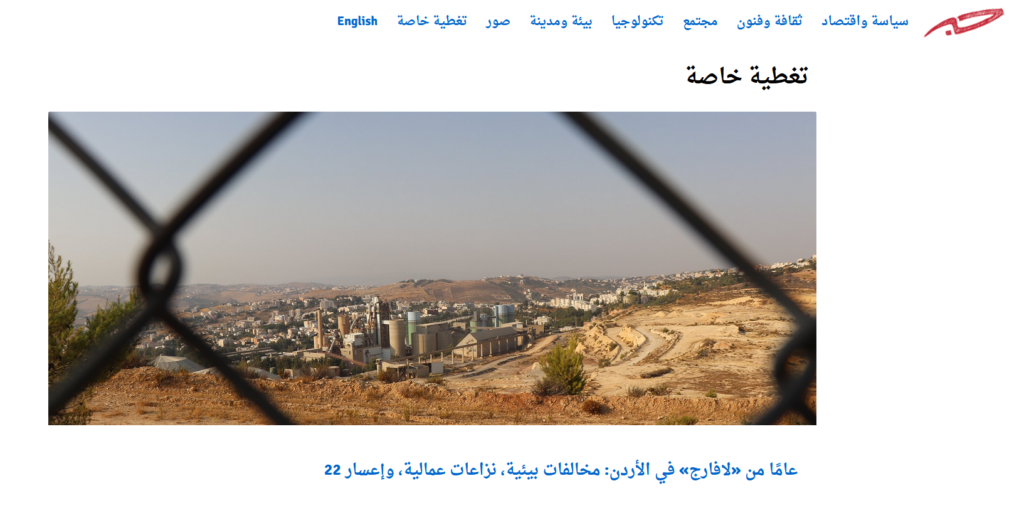
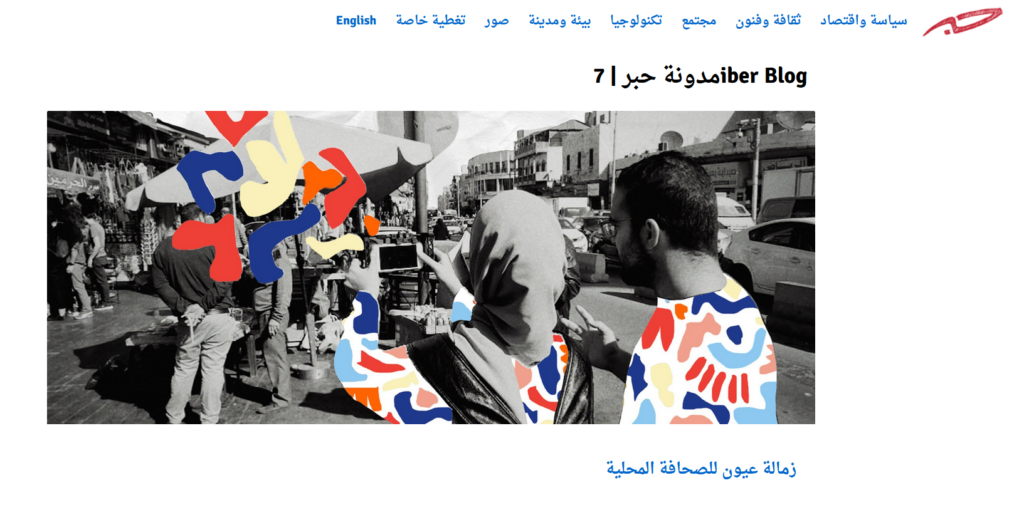
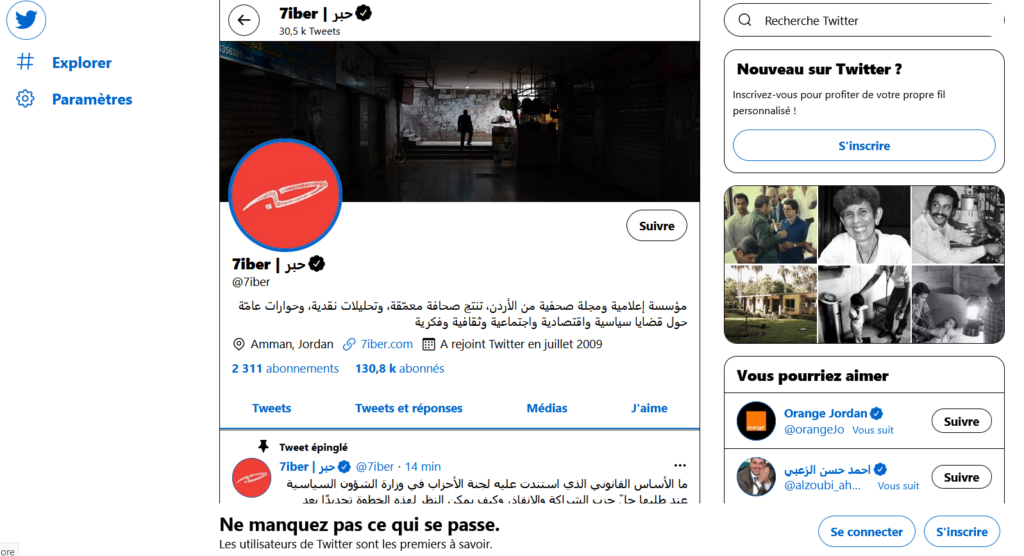
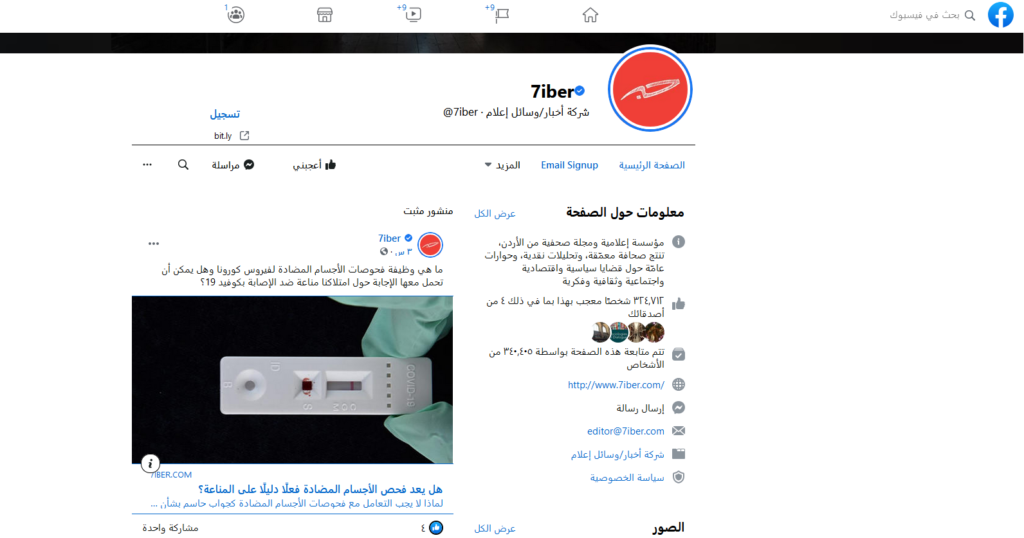
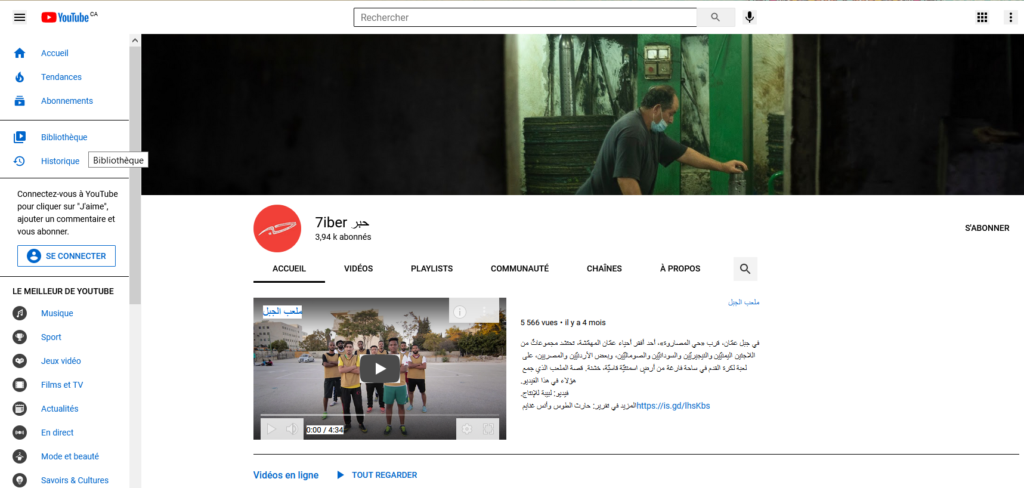
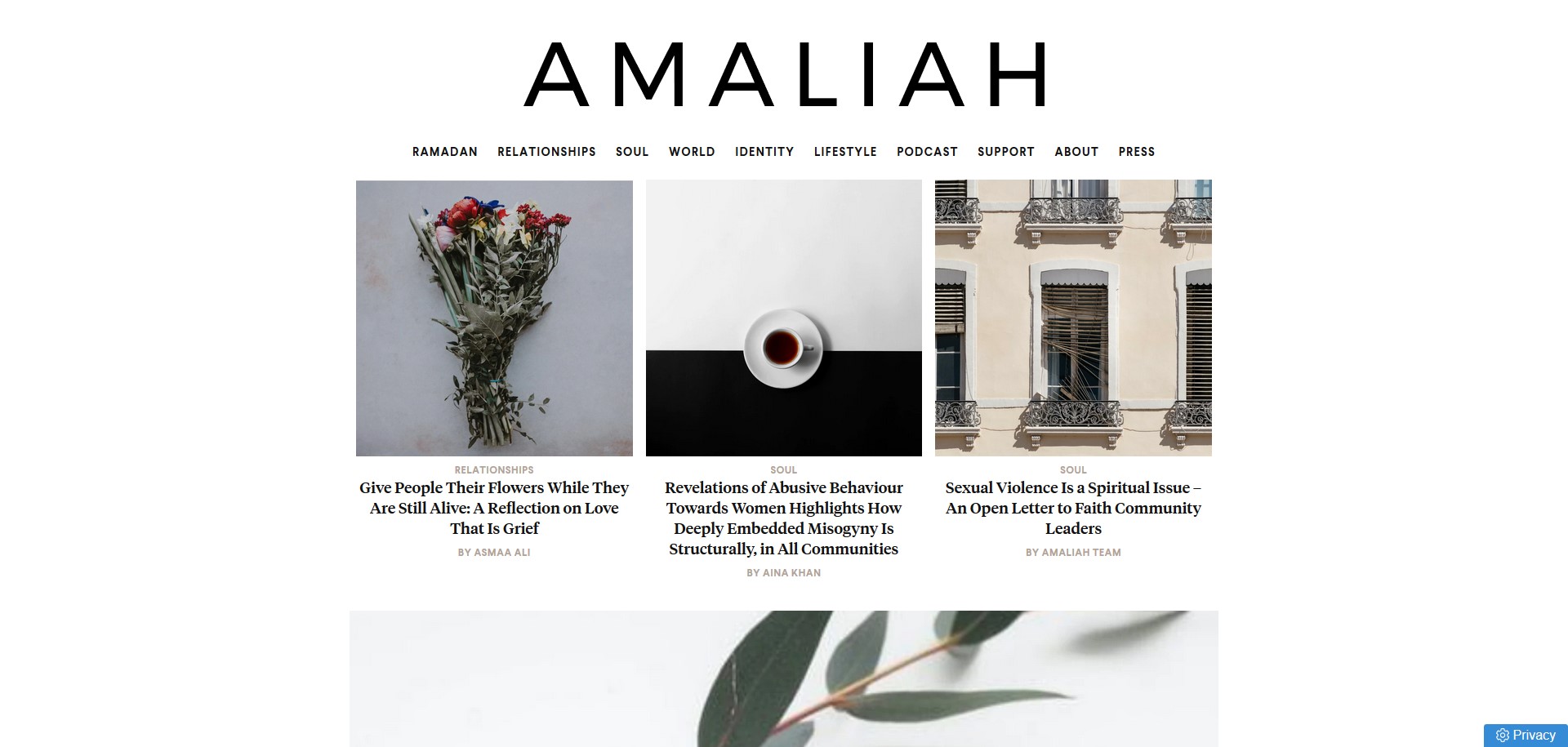
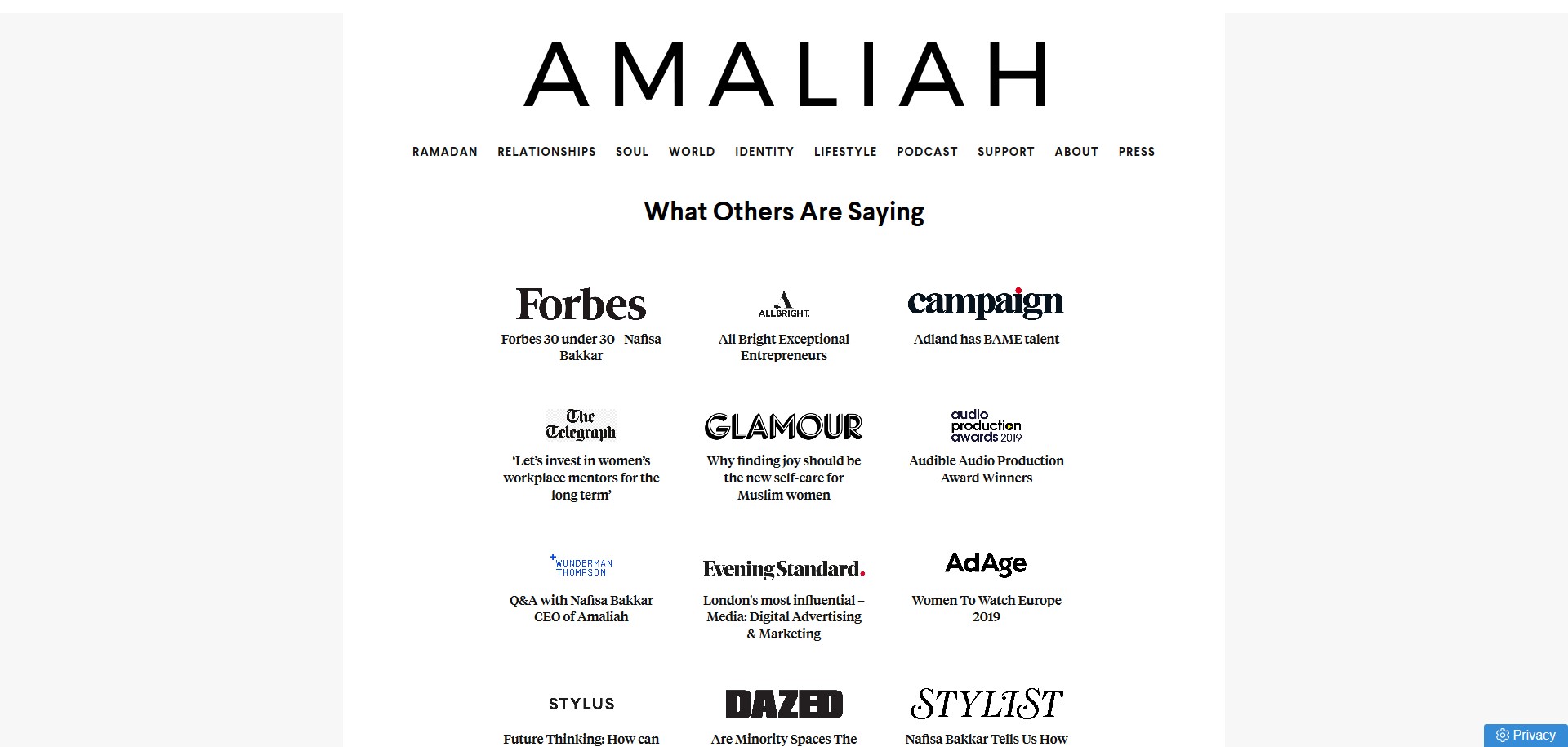
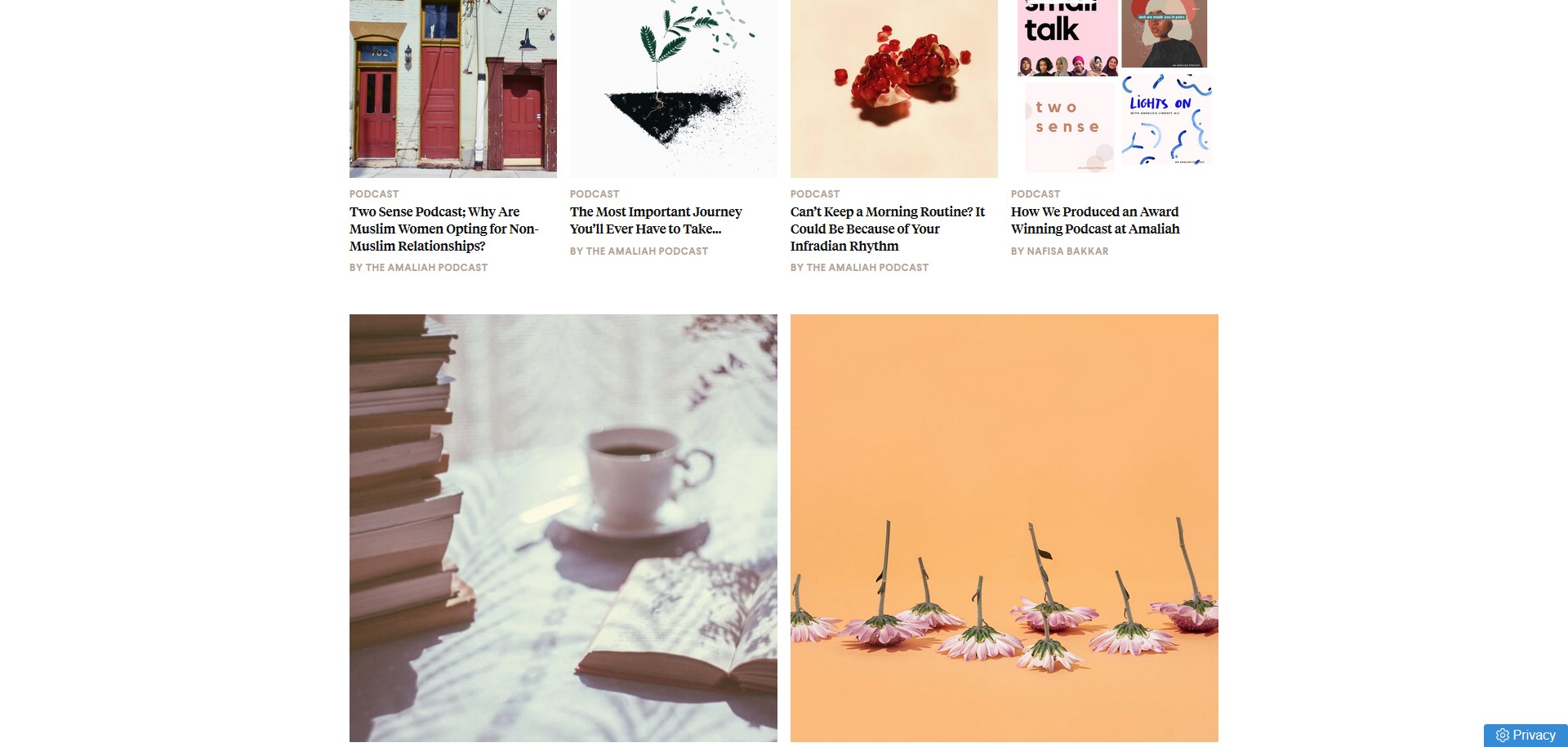
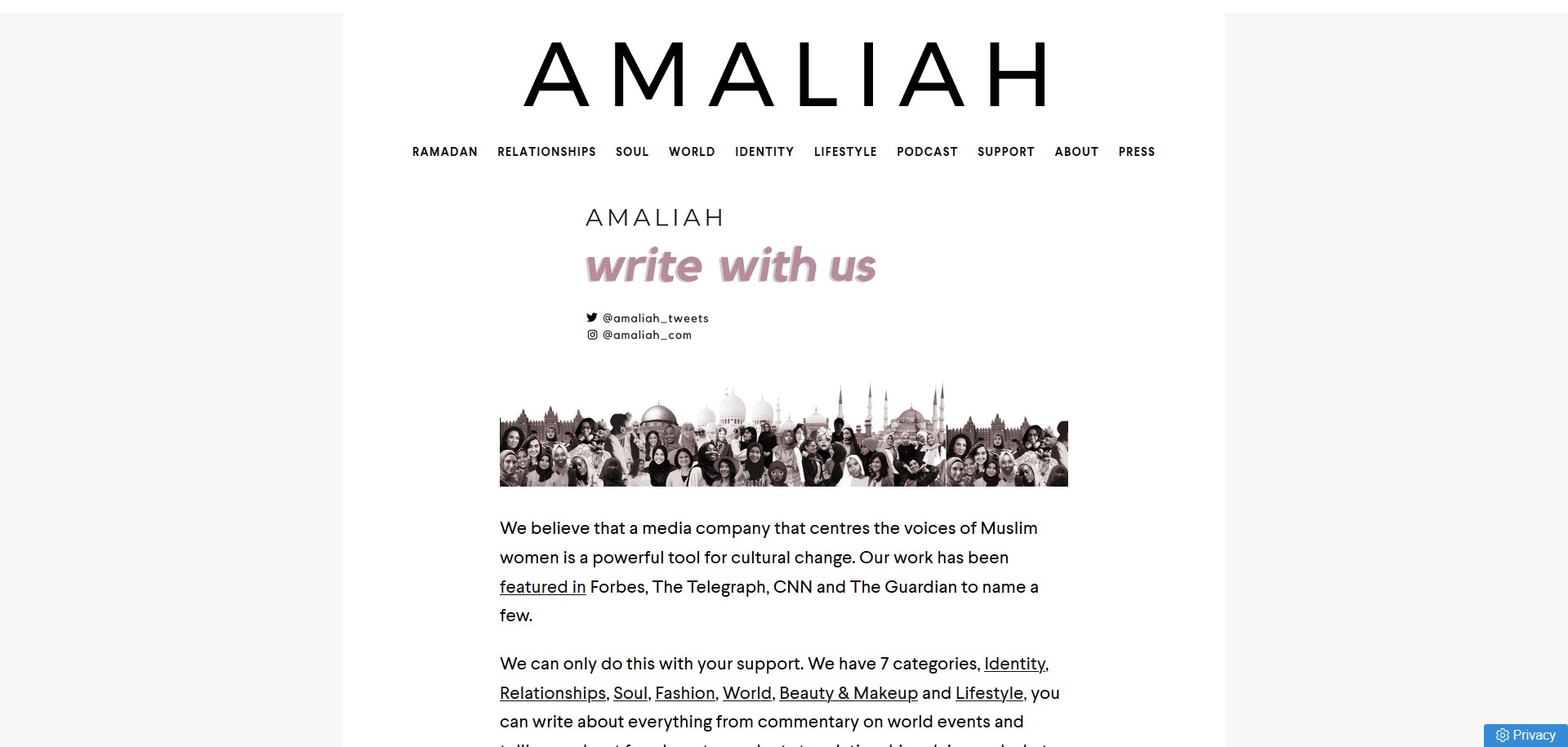
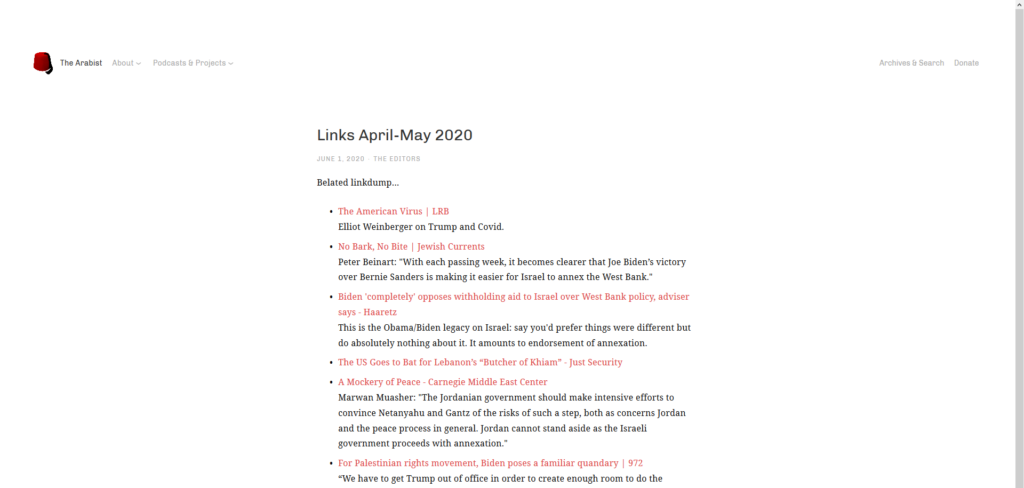
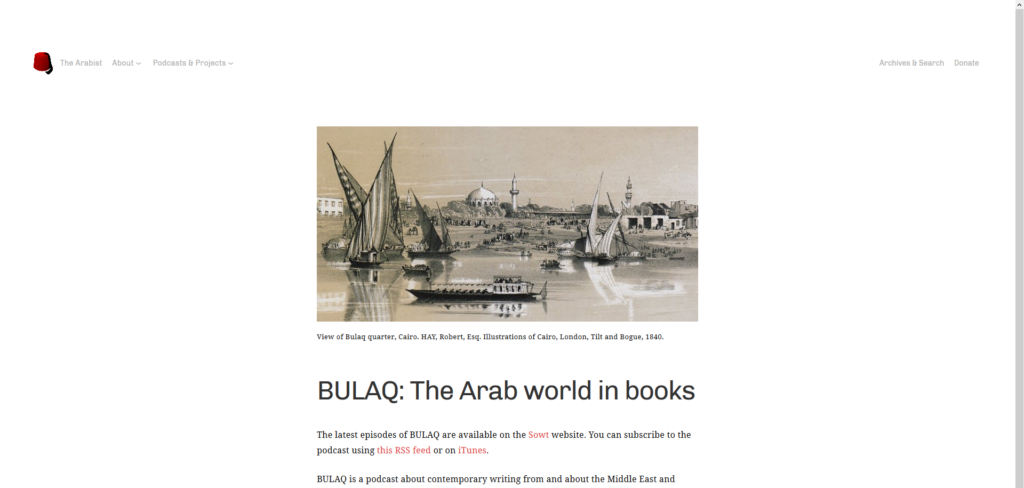
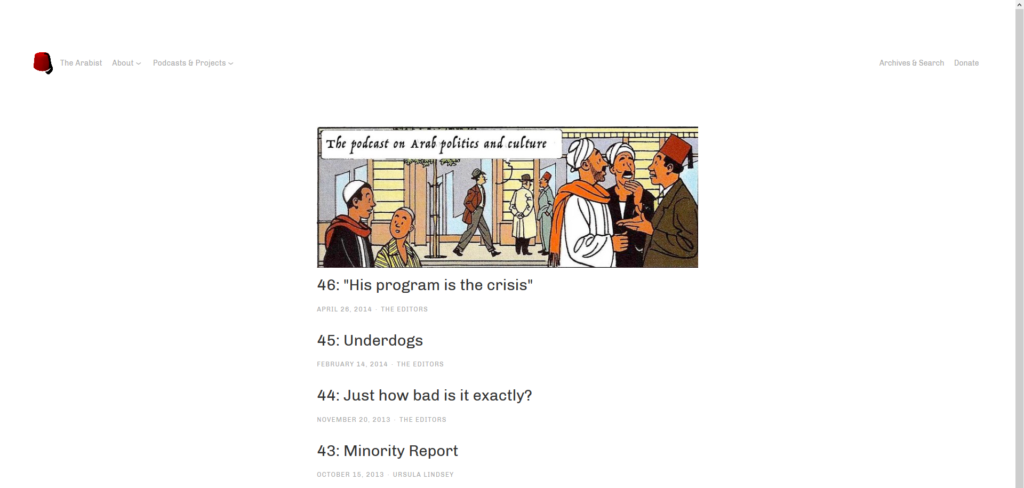
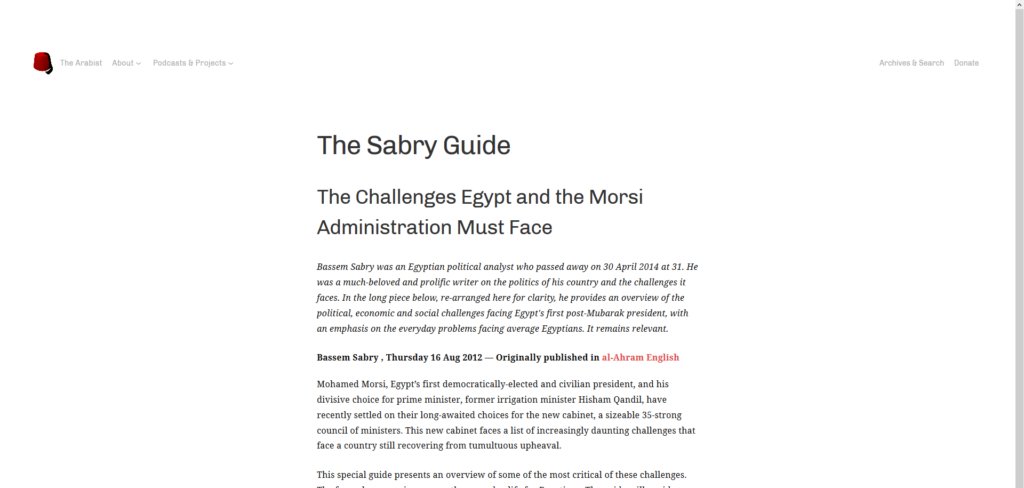
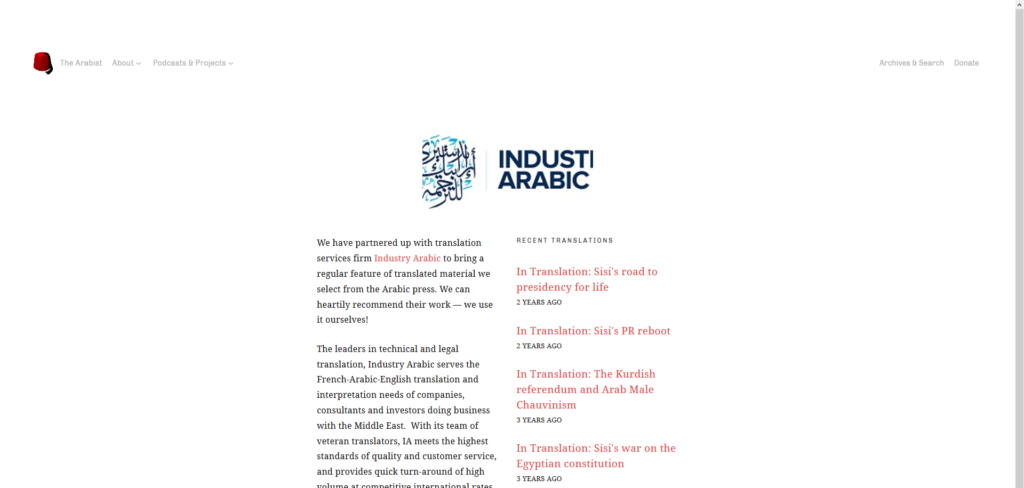
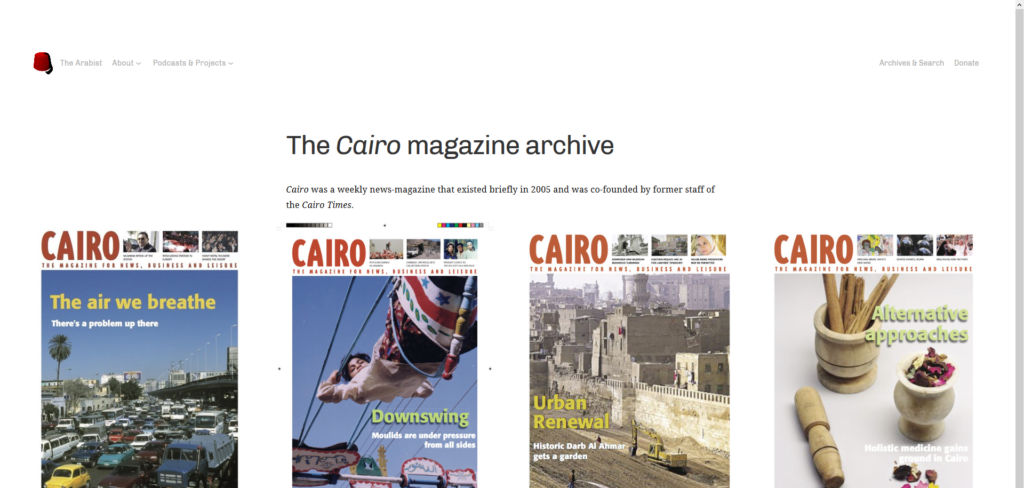
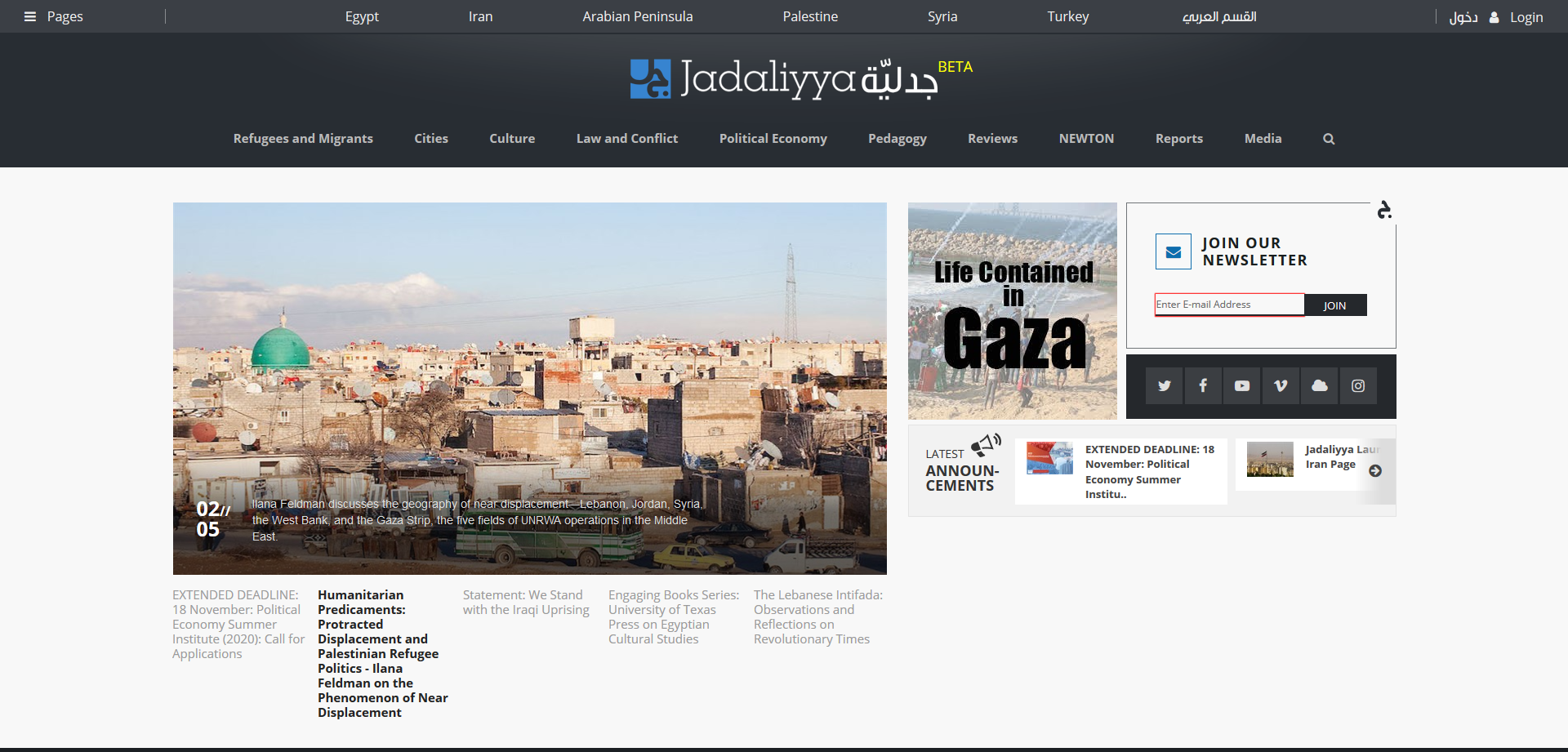
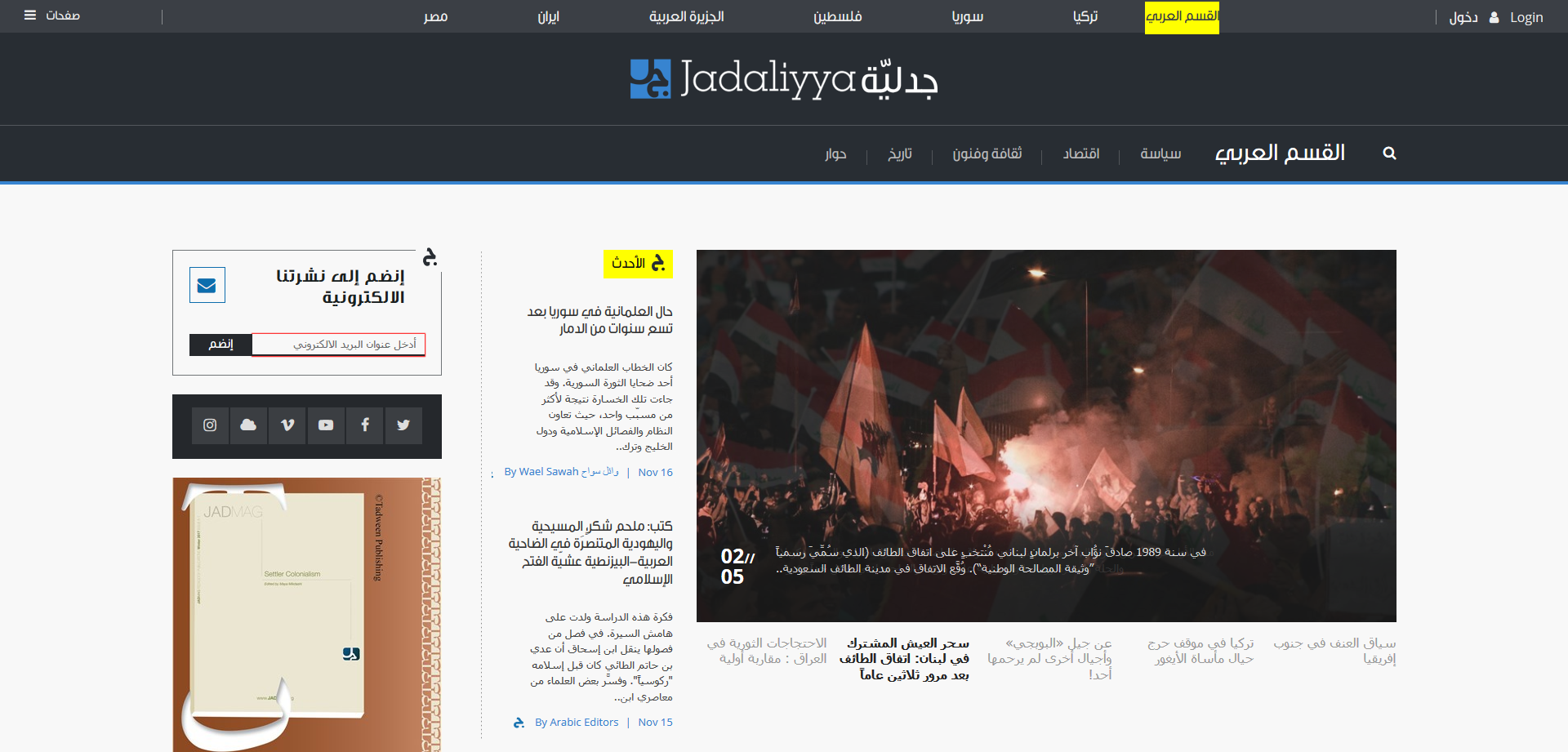
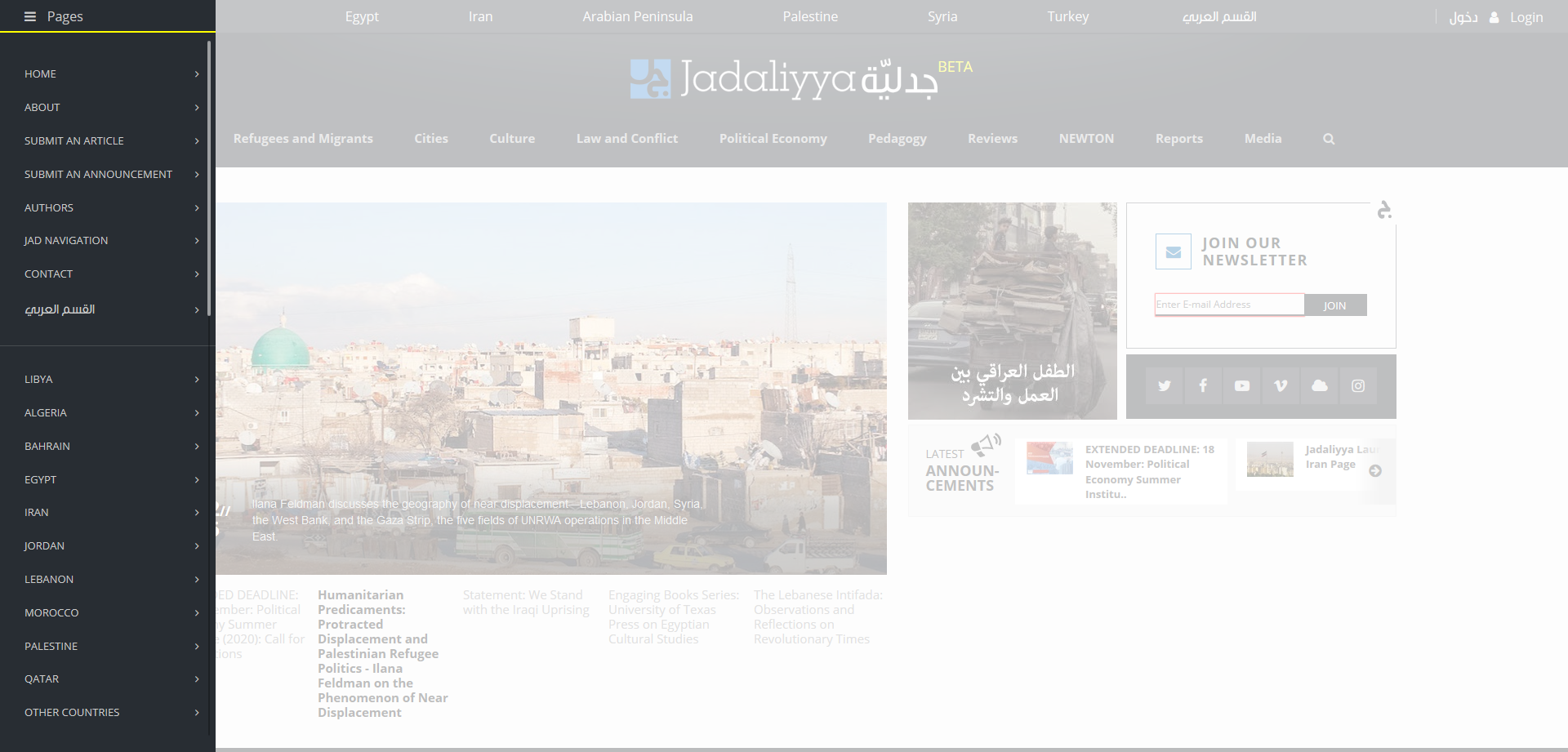
 The caricatures have been catalogued by the
The caricatures have been catalogued by the 